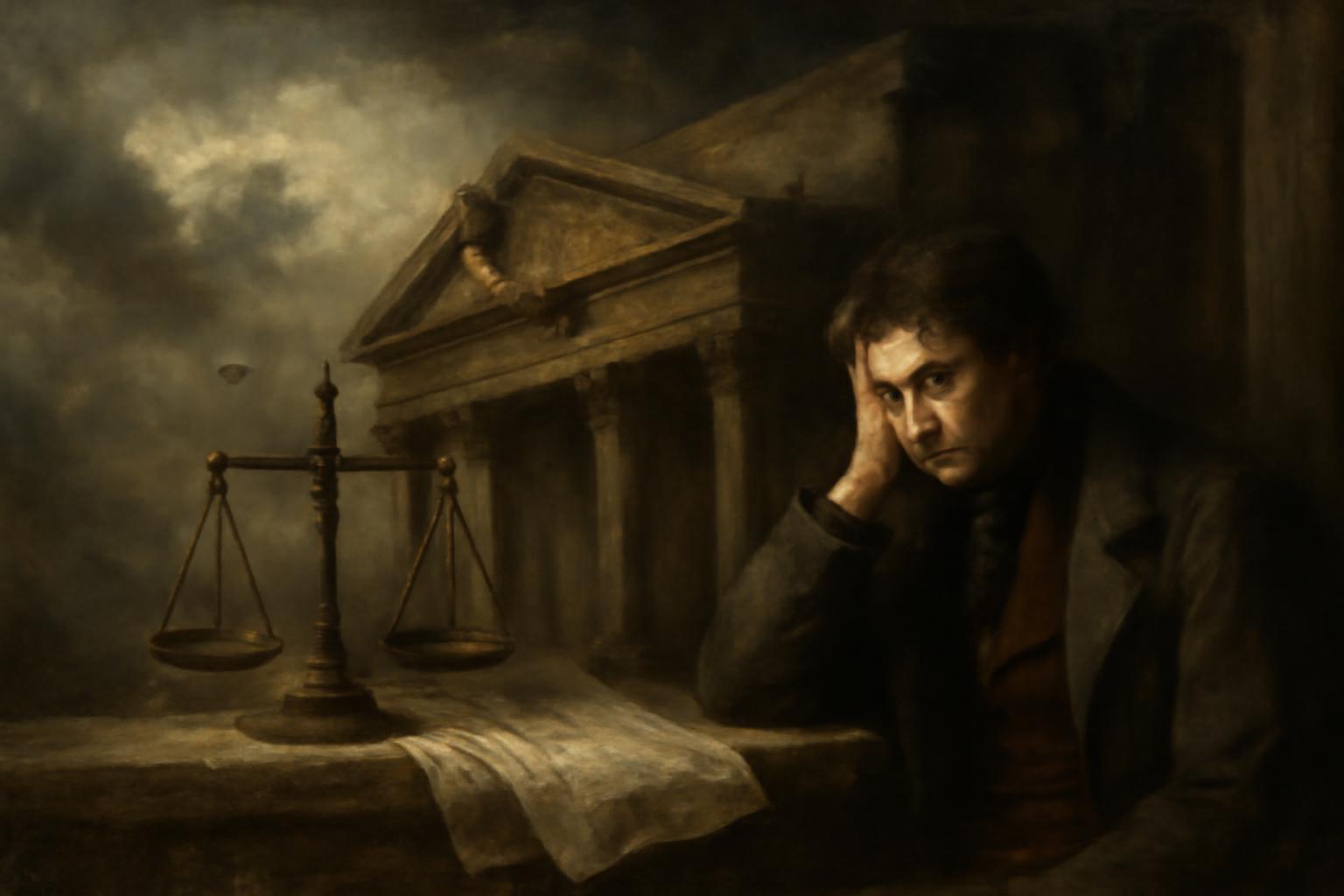Once more we are compelled to witness the Dionysian dance of modern power, as the machinery of the state lumbers gracelessly into action. The decree, issued with the bluster typical of our latter-day Caesars, delays its punitive tariffs as if time itself could mitigate the whiplash violence visited on the fragile interconnections between nations. Within these lists and classifications—catalogues redolent of some pitiless bureaucracy—one discerns not order but the approach of an era marked by suspicion and artificial boundaries. Even the cold deferral from August’s threshold to a week hence carries the hue of tragic farce, a brief reprieve from an inexorable fate, reminiscent less of statesmanship than of the vain attempts of Oedipus to outpace destiny.
How odd that the chorus of legality now strains to outcry the will of one man, invoking laws whose ancient spirit—an ideal of rational restraint—has been so lamentably perverted. The appeals and counter-appeals, the uneasy ascension of the matter towards the highest court, bring to mind Nietzsche’s insight that all values have become unmoored, and that what once was a polis—animated by law, honor, and agon—has decayed into a stage for legalistic shadows, stripped of substance and tragic grandeur. The invocation of national emergency, in this most banal and mercantile context, is but one more sign that the sacred has been rendered profane.
Is this what remains of Western culture’s Promethean striving—a maze of tariffs, temporizations, and market calculations, where the meaning of the tragic has been exchanged for the petty drama of commerce? Where once the West looked to the stars for transcendence, and to the abyss for meaning, now it looks only to its ledgers, its lists, its desperate clinging to economic security. What is this but the last gasp of a civilization entrapped by ressentiment, forever justifying its own decline behind a multiplicity of legal screens and retrospective adjustments?
Here, at the crossroads, the great tragic questions are evaded in favor of bureaucratic squabbles; the grand tragic stage of Aeschylus or Sophocles is replaced by the sterile litany of tariffs and decrees. Our fate is no longer heroically embraced, but endlessly deferred. Like the ancients, we are punished by the gods—not for our hubris, but for having ceased to believe in their reality. Western culture drowns not in the wine of Dionysus, but in the sour ichor of modernity, its every gesture haunted by the memory of lost greatness.
